
Estonia’s Middle East playbook: Key insights for food exporters to the Gulf
Estonia is tapping healthier food trends and grain-based product demands to further its ‘Northern Standard’ approach in the region
News & Analysis on Food & Beverage Development & Technology

Estonia is tapping healthier food trends and grain-based product demands to further its ‘Northern Standard’ approach in the region

In a world-first move, China has introduced specific regulations to govern live-streamers and related companies dealing in food products
As Coca‑Cola enters a pivotal year, the drinks giant is doubling down on digital transformation, bold innovation and a refreshed leadership vision to fuel its next decade of growth
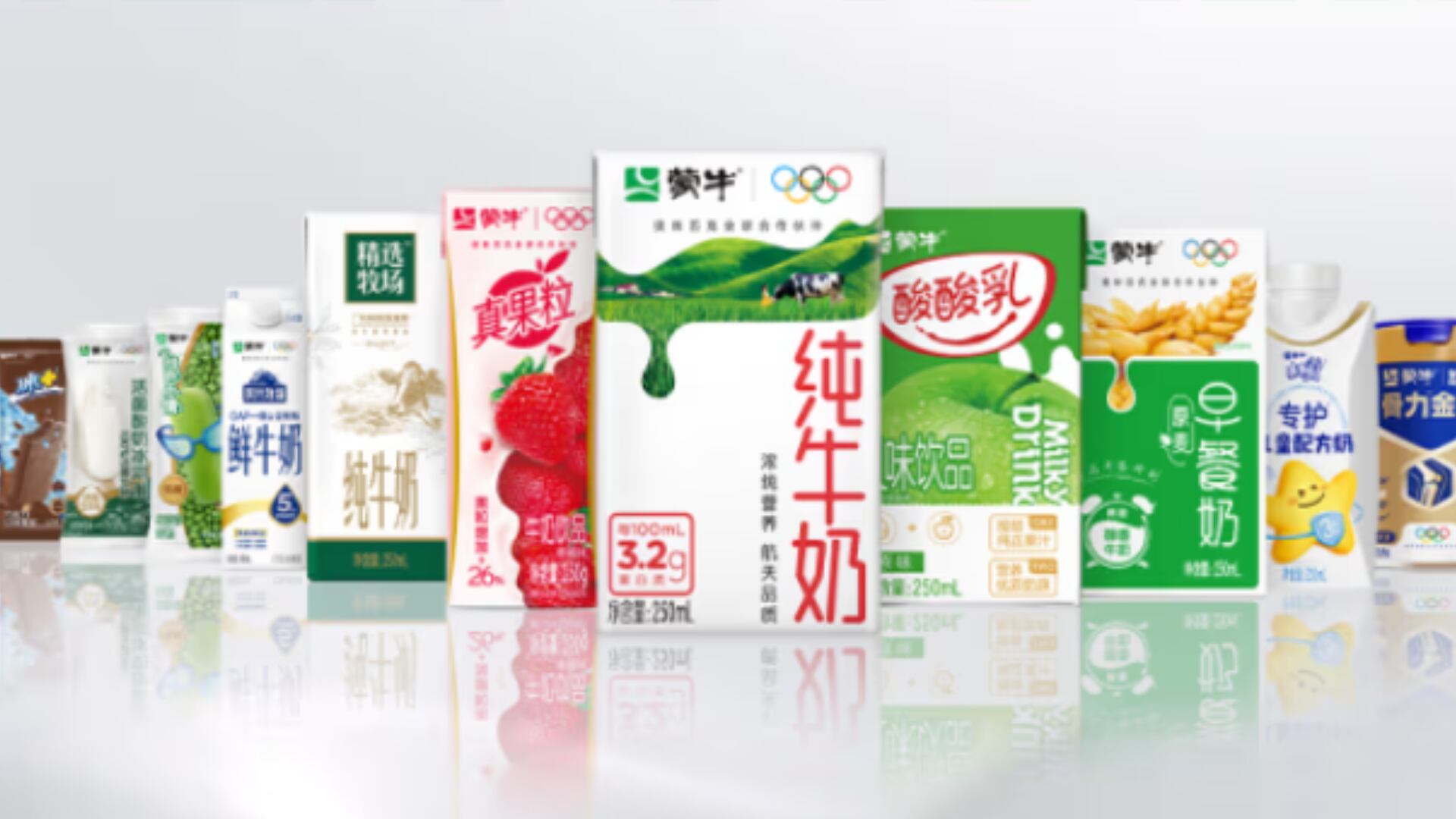
Mengniu will supply dairy products to athletes and fans during the 2026 Winter Olympics, linking the move to its health and nutrition strategy
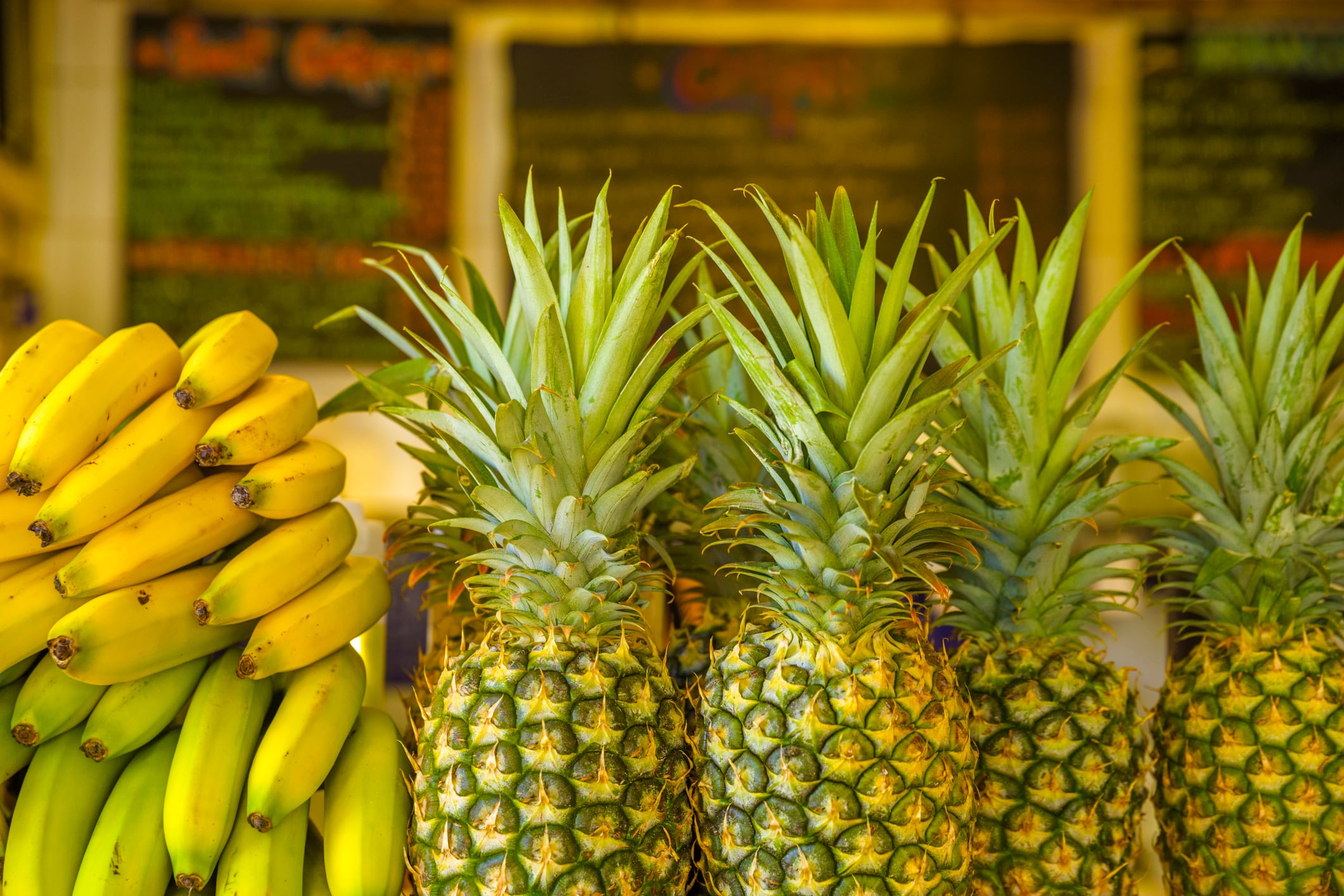
Dole Specialty Ingredients says upcycling fruit side streams into functional ingredients has nutritional and economic promise, but high costs still limit adoption

From maintaining growth in protein and specialized nutrition to propping up plant-based and creamers, here’s what Danone must focus on

Barry Callebaut’s new Global Innovation Center in Singapore combines cacao coatings expertise and AI to address rising cocoa costs and climate pressures
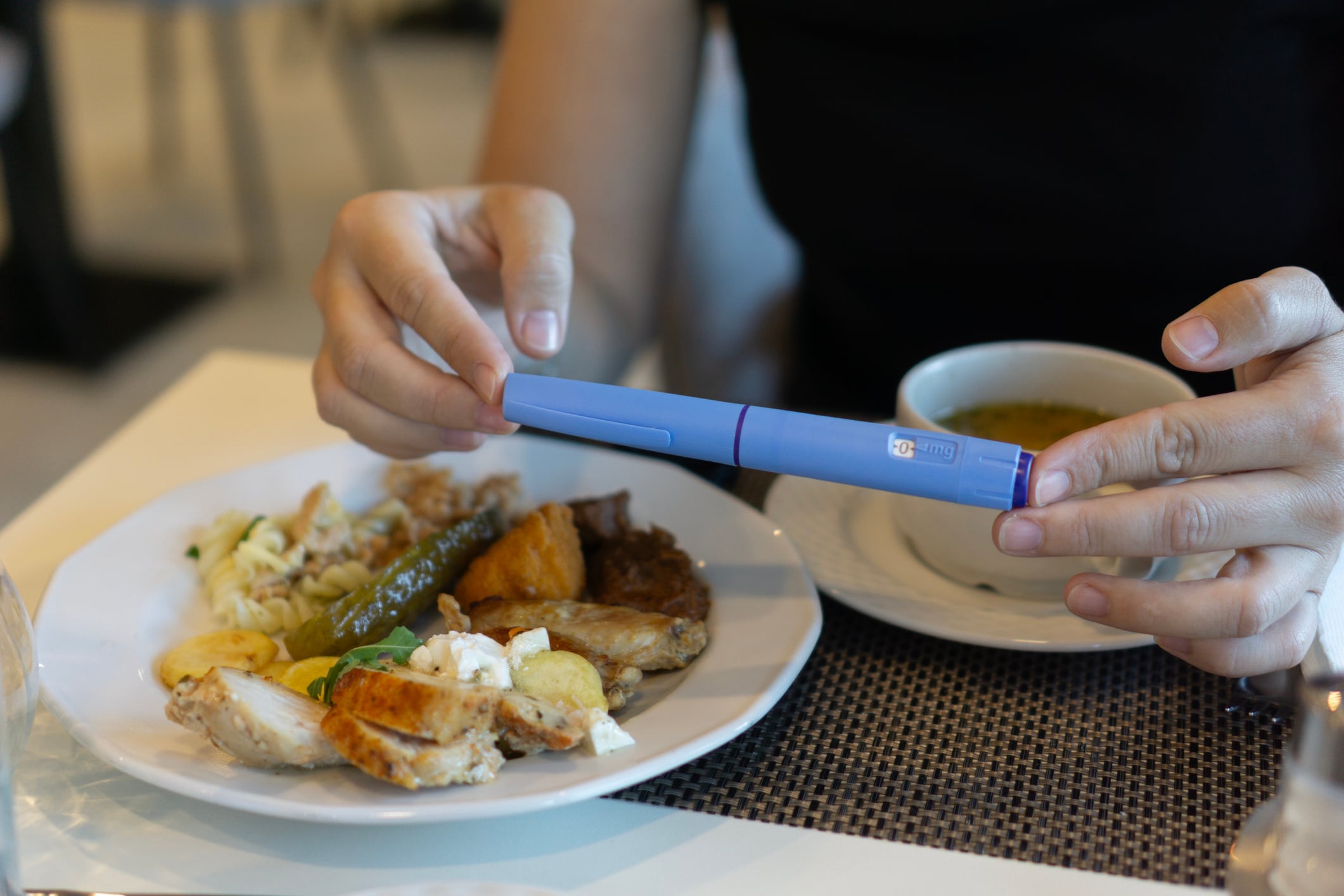
The market for GLP 1 companion foods in Asia faces some major challenges – but big opportunities also await if played right

Soaring cocoa prices are quietly reshaping how chocolate is formulated, where it’s used and how far the industry can stretch expectations without losing trust

South Korea has upgraded its contactless retail and egg safety systems, with an eye on curbing food poisoning and strengthening e-commerce oversight

Beer giant Kirin is ramping up focus on its beer and R&D businesses to drive international growth, boosting the use of new technology and localisation

Australian heritage brand Brown Brothers focuses on sustainable convenience with its novel aluminium prosecco bottle
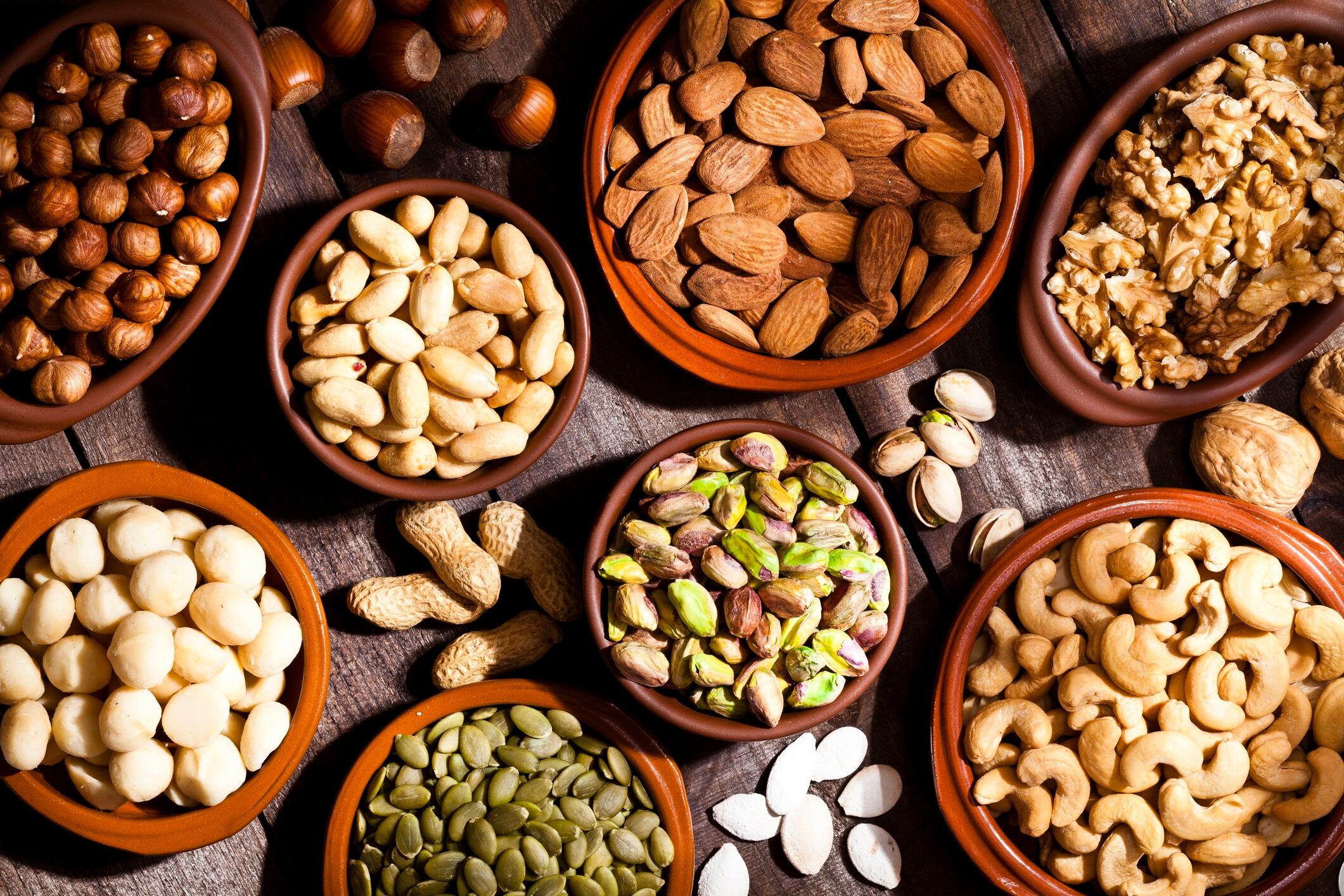
Japan is introducing stricter nut allergy controls to address rising cases, based on new government data showing increased public health concerns linked to this category

The Middle Eastern food industry is booming, with billions of dollars of growth expected over the next decade

The CPG majors are facing litigation for their handling of infant formula recalls over possible toxin contamination

New UAE data has shown excess salt consumption and poor vitamin D levels, findings set to guide national reformulation and health initiatives

Amid the many uncertainties and changes seen by the food industry, we believe these three emerging categories have the potential to drive major change in the coming year

From cheese bites to RTD beverages, dairy is primed for success in the healthy snacking space

As climate, disease and regulation strain global cocoa supply, manufacturers are turning to low‑cocoa and cocoa‑free innovations to protect margins and future-proof their portfolios
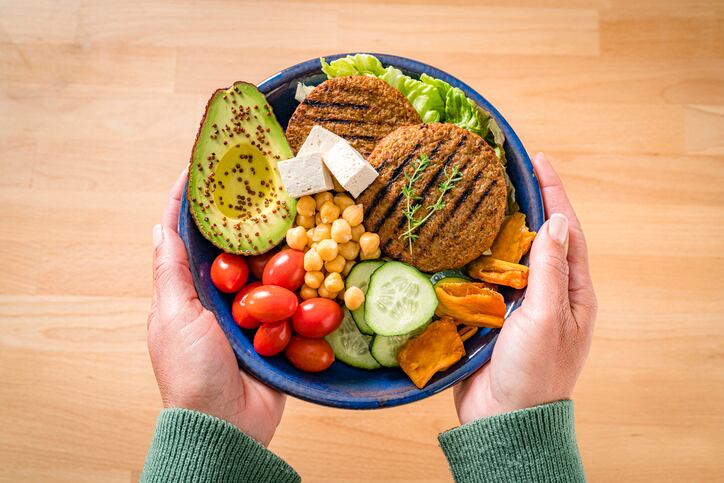
The new grant, powered by the Bezos Earth Fund and the Singapore government, aims to advance the development of Sustainable Protein in the region, supporting innovators to accelerate their products’ to-market entry
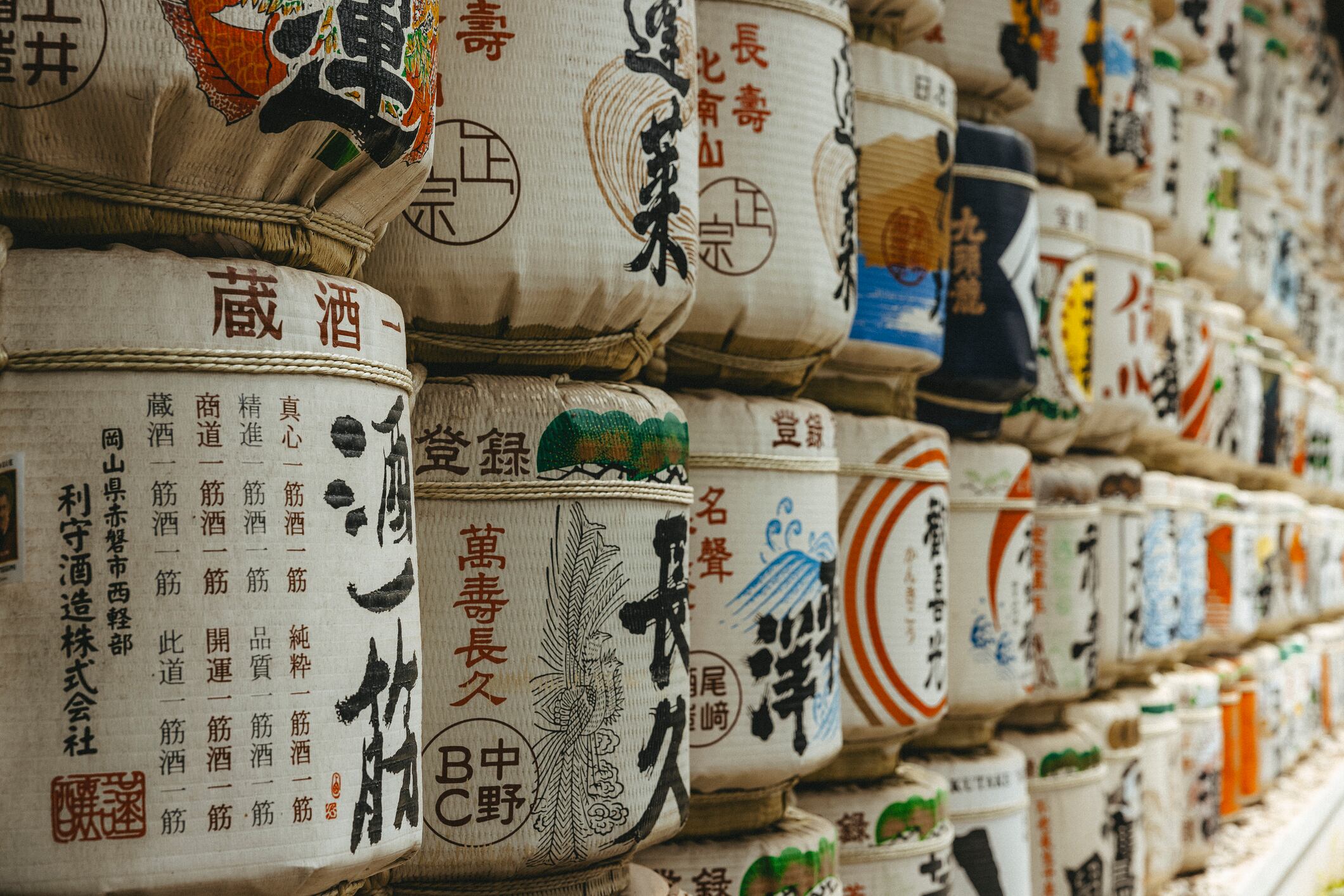
Here are our top 10 most popular stories from the Land of the Rising Sun, including big brand innovations, regulatory changes, regional food trade initiatives, and more

Protein Industries Canada (PIC) and Singapore’s Nurasa are working to grow Canadian plant-based exports in APAC to diversify trade beyond the United States

See our top 10 most-read science, research and technology stories from this year, featuring ‘Nobel Prize-worthy’ theabrownin, Meiji protein study, cell-cultured coffee and more

From Indonesia’s all-out halal regulations to sodium policies spurring rapid reformulation and taxation changes affecting food company strategies, these are five regulatory and policy updates that are expected to have a major impact on the F&B sector in 2026

The market reaction to Donald Trump’s dietary overhaul isn’t about kale versus cookies – it’s about whether Washington has finally decided the packaged food sector needs firmer rules, not friendlier guidance

We take a look at five of the most crucial APAC food & beverage trends redefining the industry in 2026, from localisation and AI driven-growth to new innovation directions
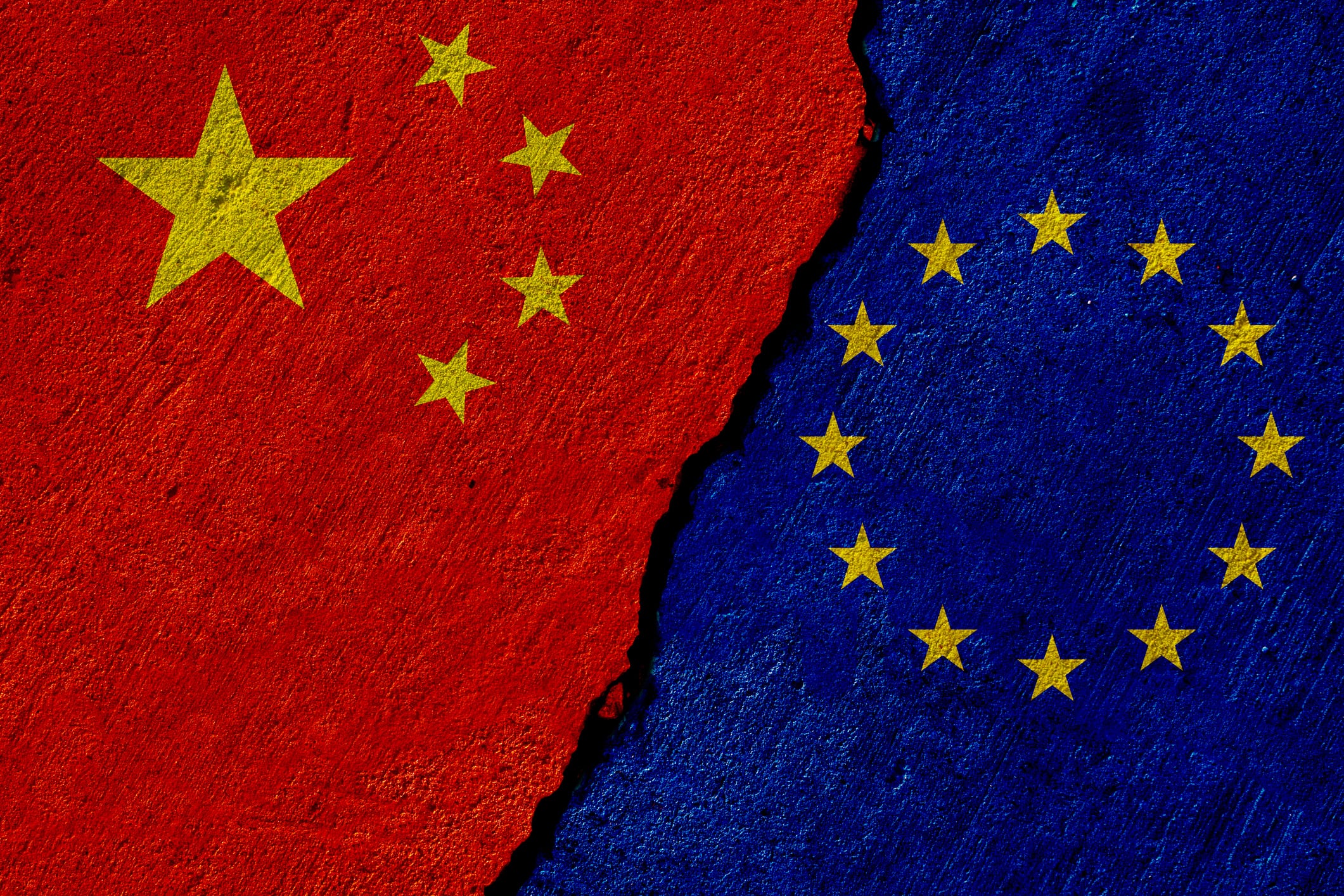
EU dairy exporters face new border duties as China seeks to shield its domestic industry amid oversupply and falling prices
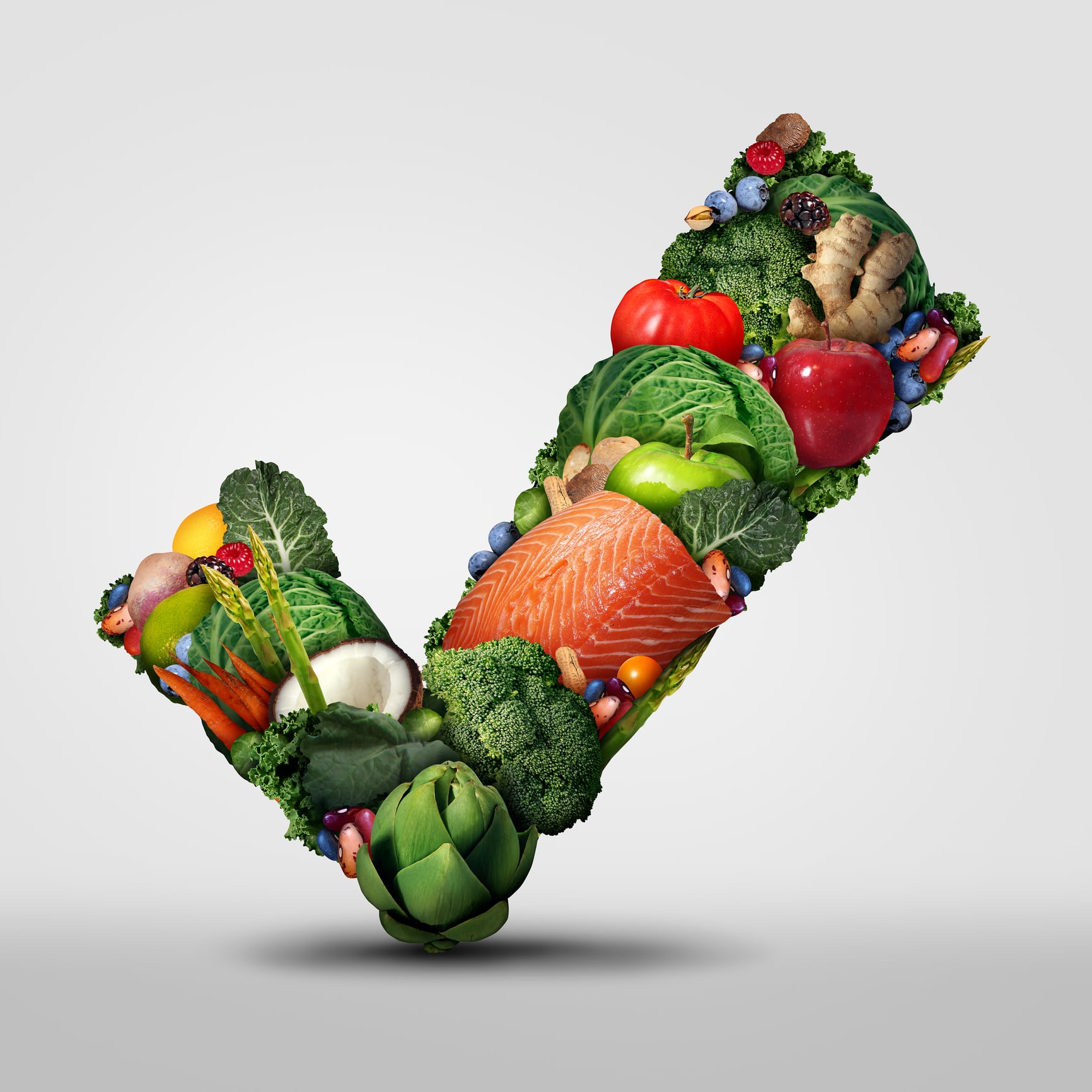
Vietnam plans to update dairy and alcohol regulations in line with ongoing national goals to improve local food safety compliance and public health

The reigning APAC champion of PepsiCo’s Greenhouse Accelerator (GHAC), Beijing AIForce, has revealed major plans to expand across the region after taking home the main prize
From restructuring and demergers, to drug accusations and sex scandals, here are 10 of the most shocking and influential stories that shook the APAC food sector in 2025
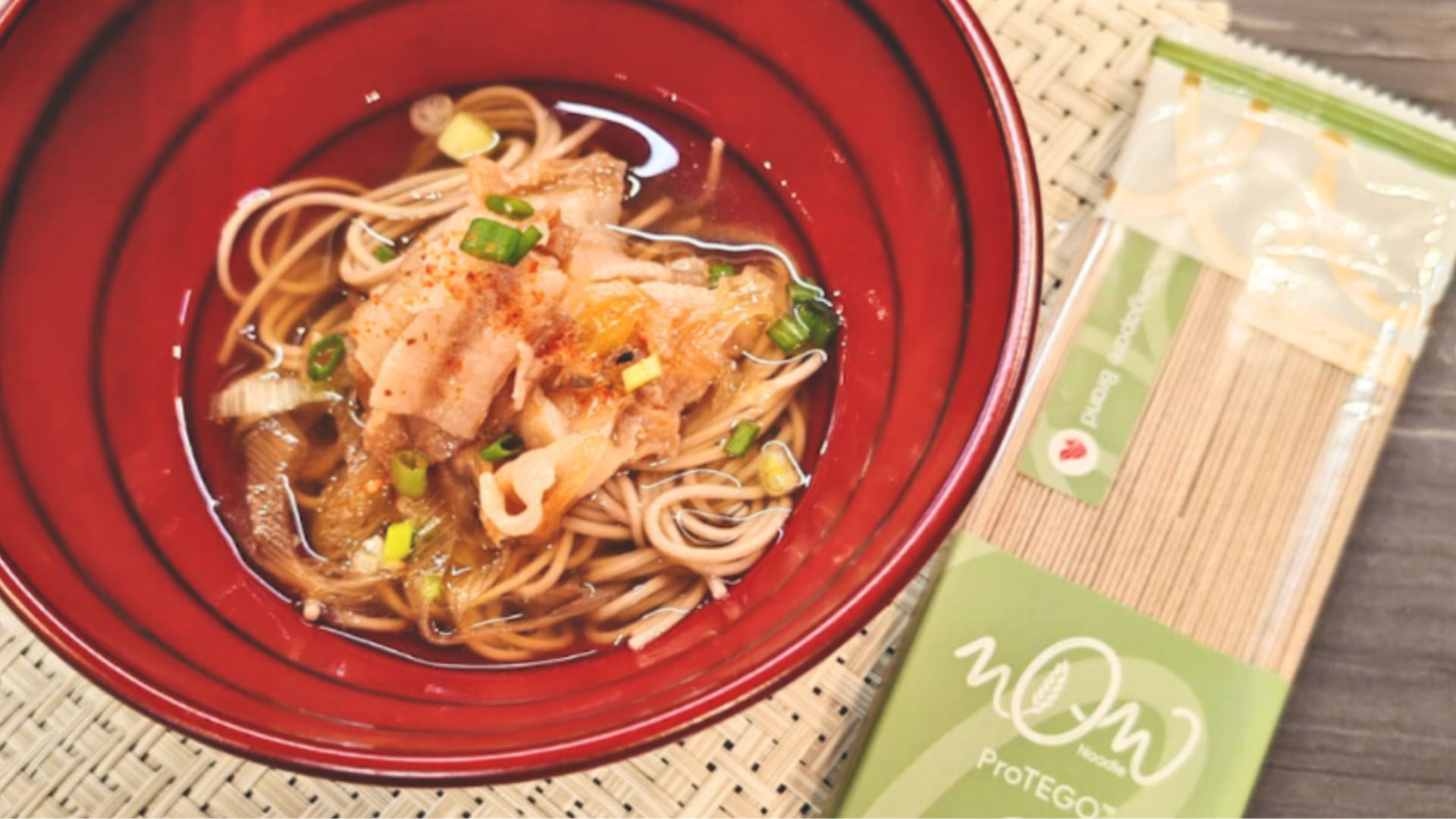
KosmodeHealth has turned peanut and sweet potato byproducts into low-GI noodles designed to deliver energy without sugar spikes

Indonesia SME halal, global top 30 food-tech firms and more feature in this edition of Start-up Spotlight
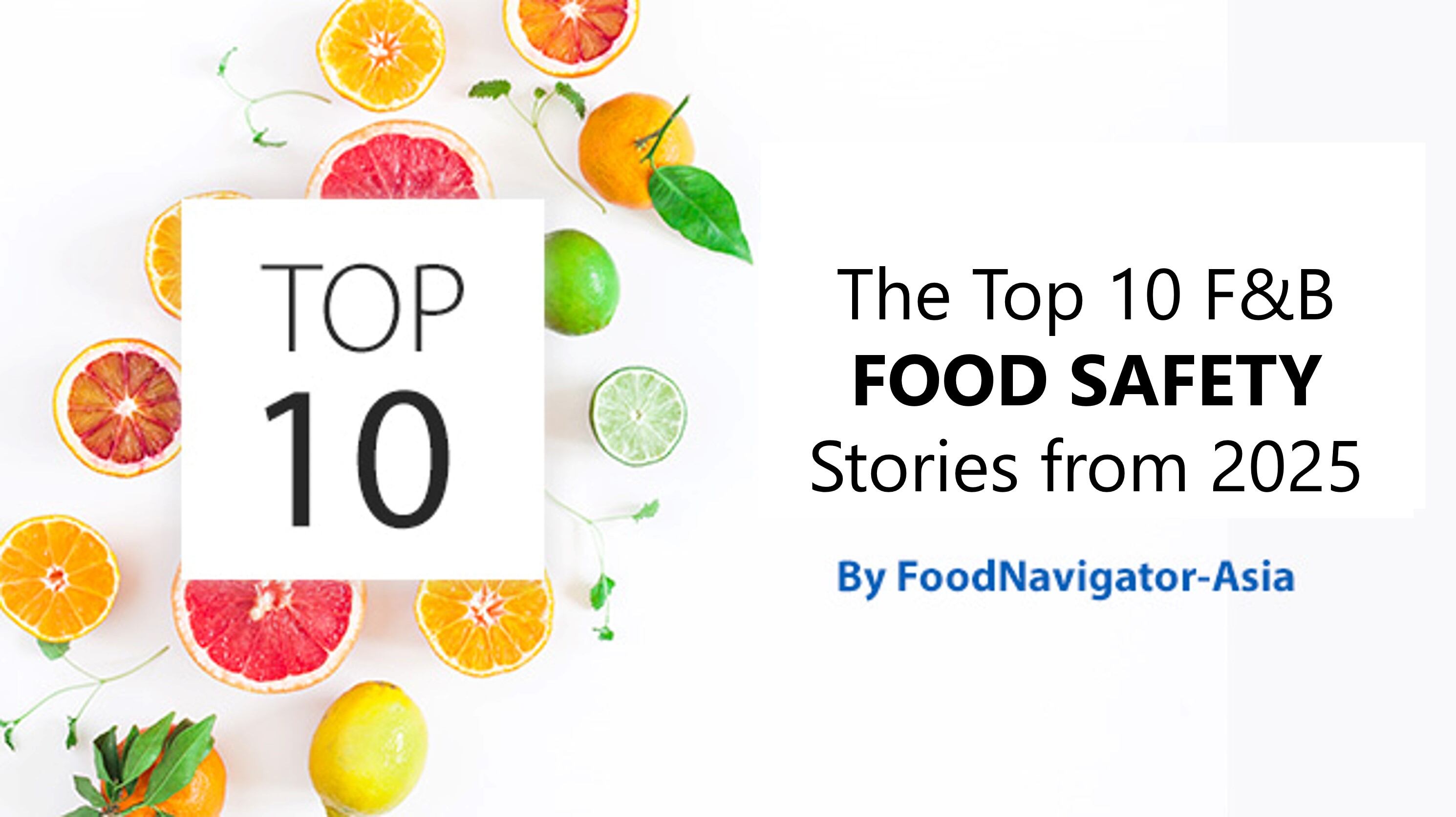
We reveal our top 10 food safety and security stories this year, featuring safety-driven regulatory changes, China’s pesticide woes, food fraud and more
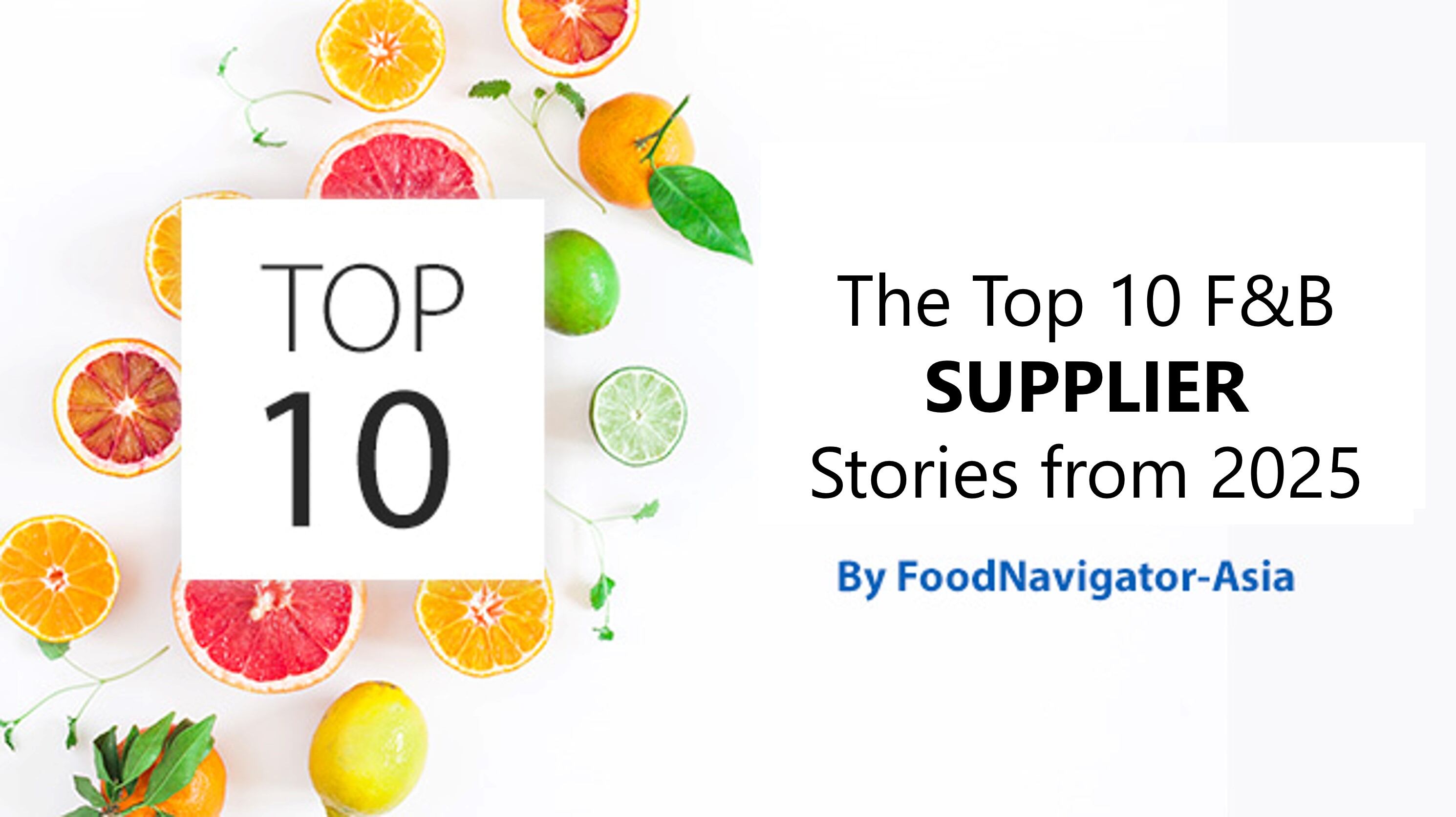
We bring you 2025’s top 10 most popular supplier stories from the APAC food industry, featuring Kerry, Cargill, McCormick and many more.

Rising demand for European foods in Asia has prompted Amazon Fresh to expand its European range with French products in this region

The next wave of food tech is boosting production through innovation, efficiency and lessons from the past. Explore 3 key technologies – and pitfalls to avoid

Over 80% of China’s schoolchildren are still choosing sweet drinks, sparking calls for tougher control measures

The achievement gives Danone a competitive advantage over the likes of Nestlé and Unilever and is a boon for investor confidence
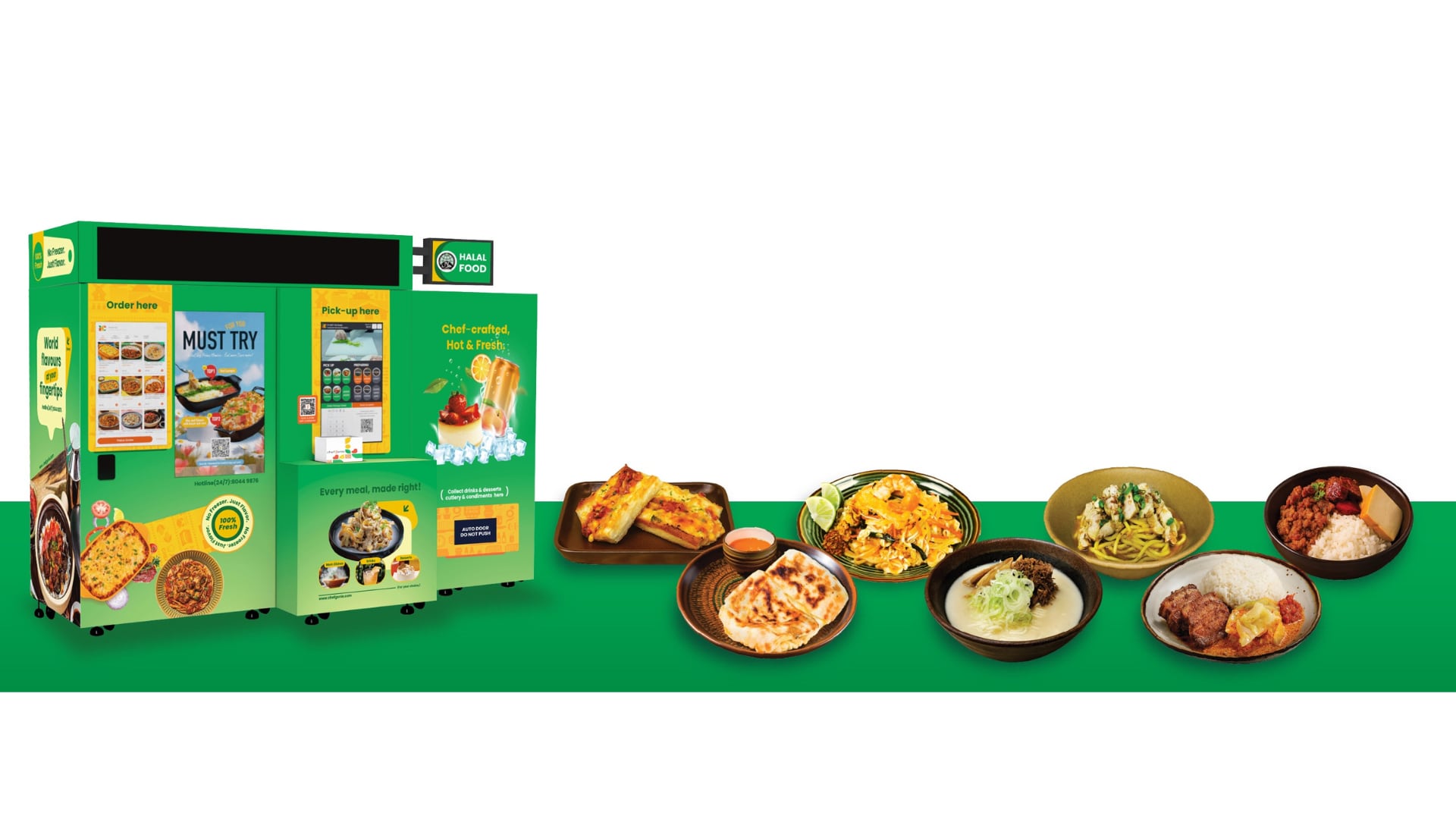
Singapore’s first AI vending machines cooking ready-to-eat (RTE) meals on demand, 24/7 are targeting global growth
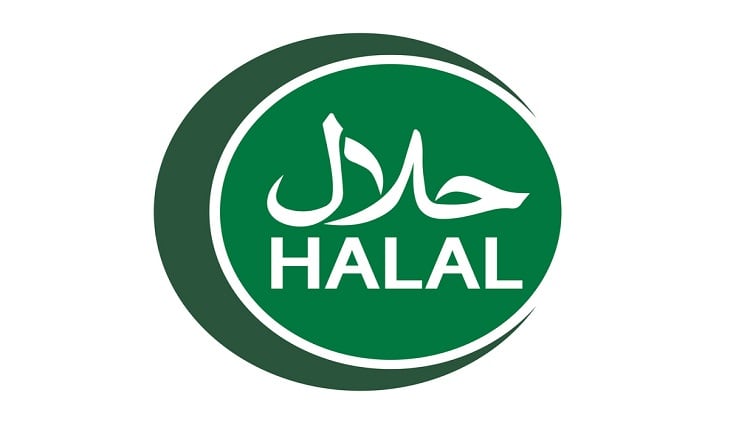
Halal food trade faces challenges in regional, much less global, standardisation – experts outline three key steps to move toward a unified system

Consumption of ultra-processed foods (UPFs) across South Asia varies significantly depending on location, age, gender, and socioeconomic status, according to new findings.
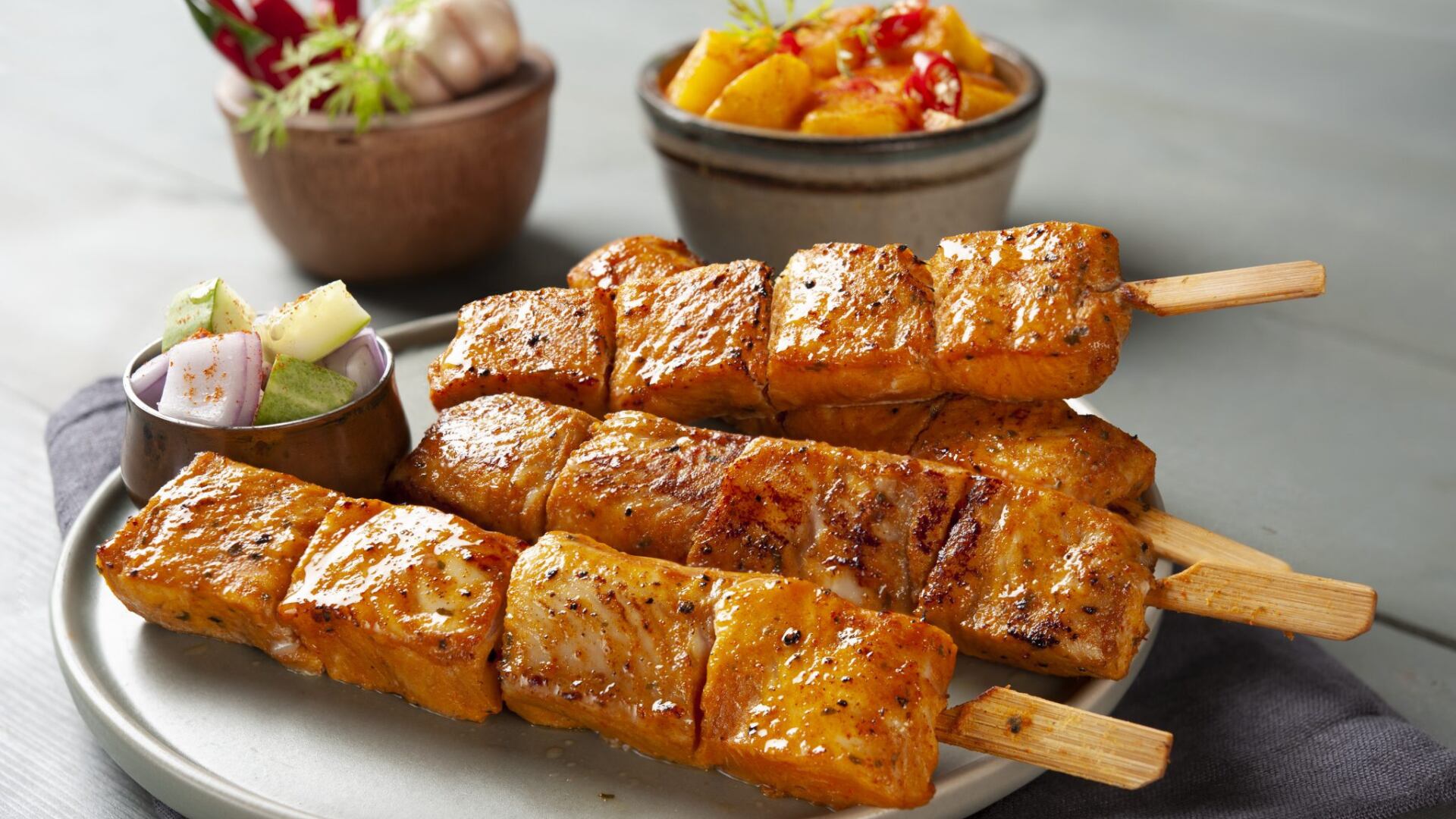
Vietnam’s Vinh Hoan is maximising pangasius fish commercial potential with a circular model supporting convenient nutrition and supplement innovation

Fi Asia 2025
Indonesia aims to simplify halal certification for food SMEs, boosting global competitiveness and ensuring inclusive access for small businesses
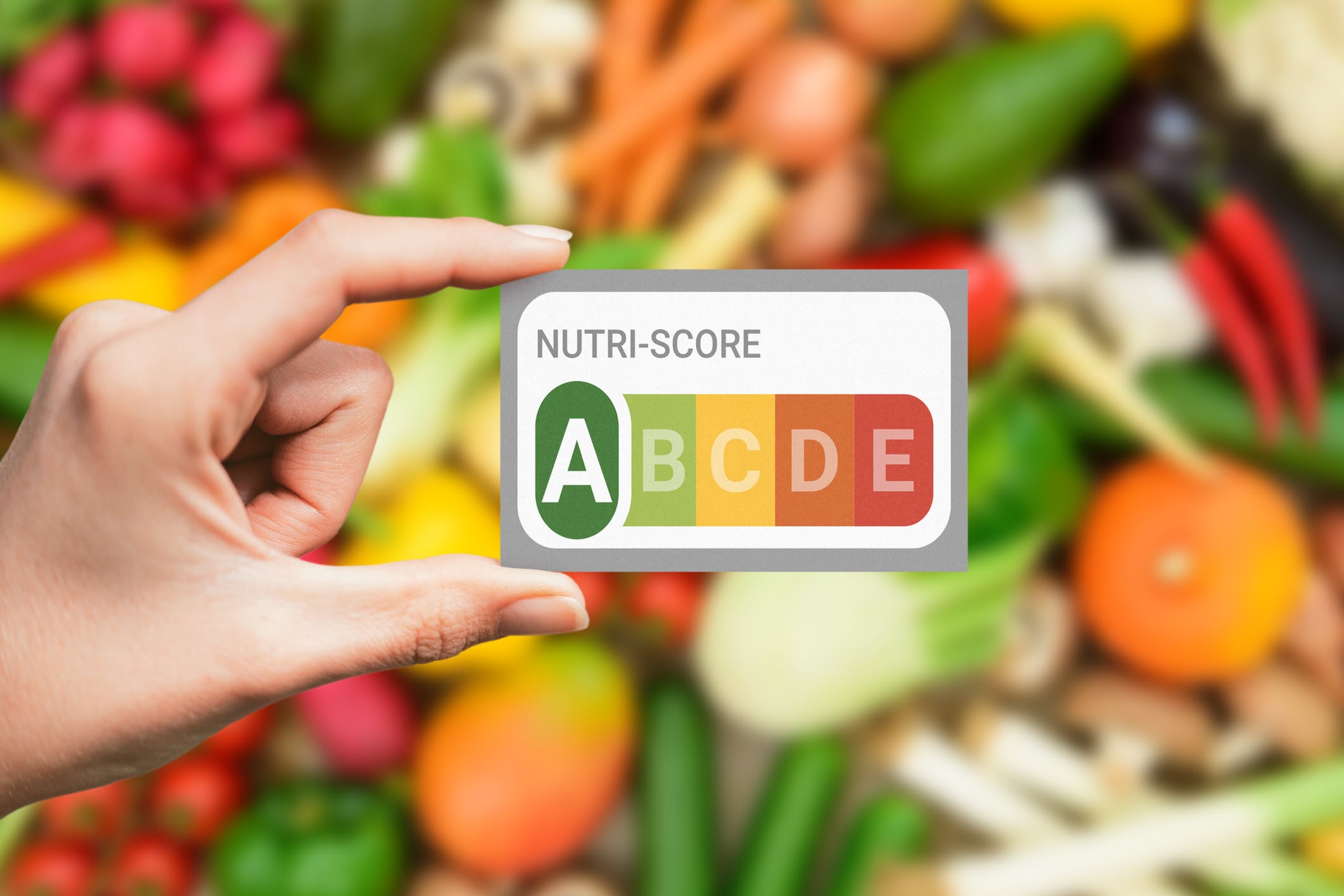
Nutri-Score has outperformed other internationally recognised labelling systems in a Saudi context, a new study has confirmed

Malaysia’s latest trade deal with the United States could have significant impacts for the food sector – but not so soon, and not all will benefit
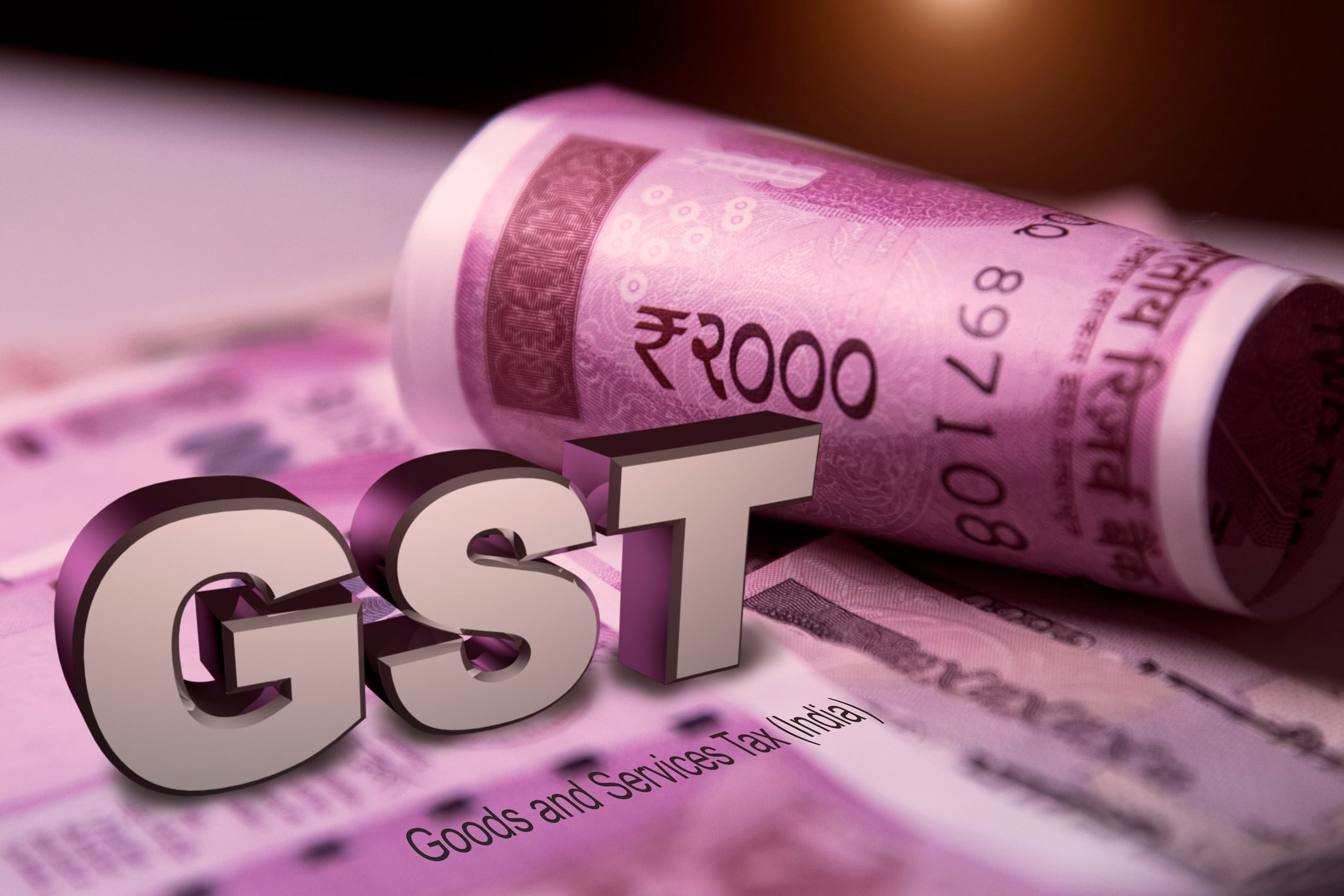
Hindustan Unilever India (HUL) is optimistic that the government’s recent tax reforms will help drive growth in the long-run, offsetting current impacts on sales
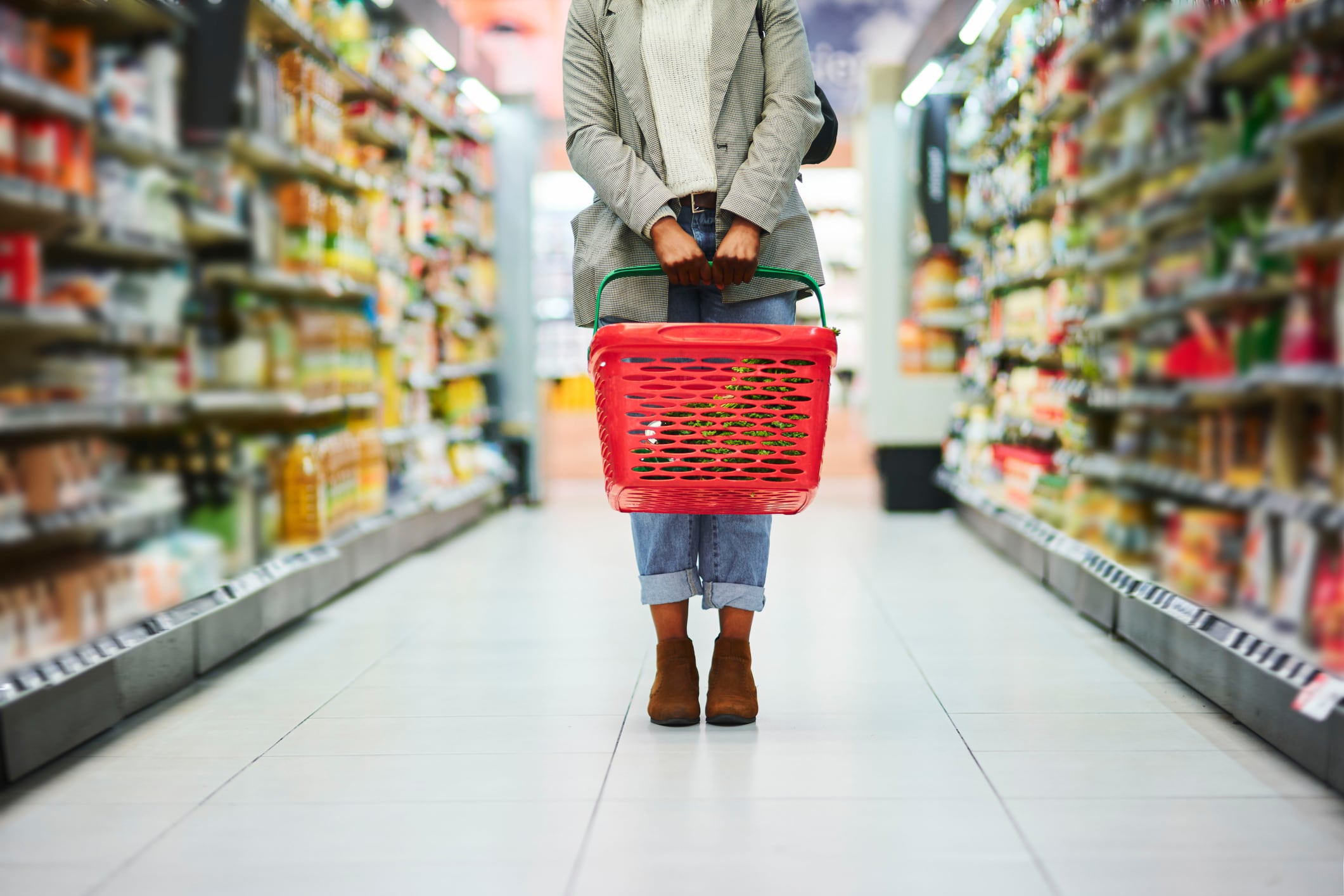
Asia holds vast growth potential for health-focused brands – but capturing it demands a balancing act between quality, affordability, and consumer trust

Thai food giant CP Foods has developed a dedicated platform to support consumers making healthier food choices towards preventative healthcare

GROWTH ASIA SUMMIT 2025
Experts at the Growth Asia Summit share 3 key insights to help food and nutrition firms tap into Asia’s burgeoning healthy ageing market

Japan’s Fair Price Project urges consumer empathy and awareness as food producers face rising costs, in hopes of ensuring food supply sustainability